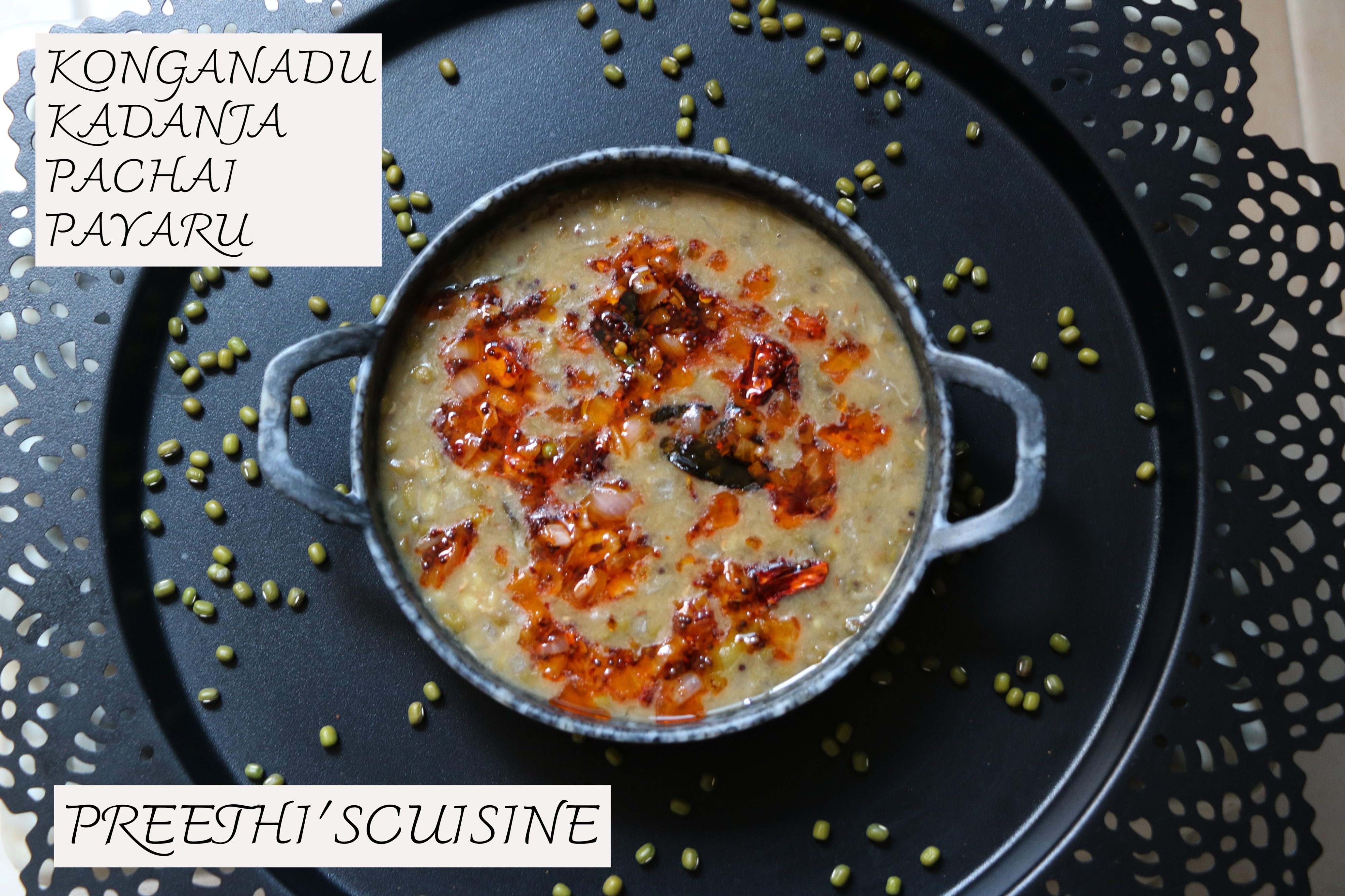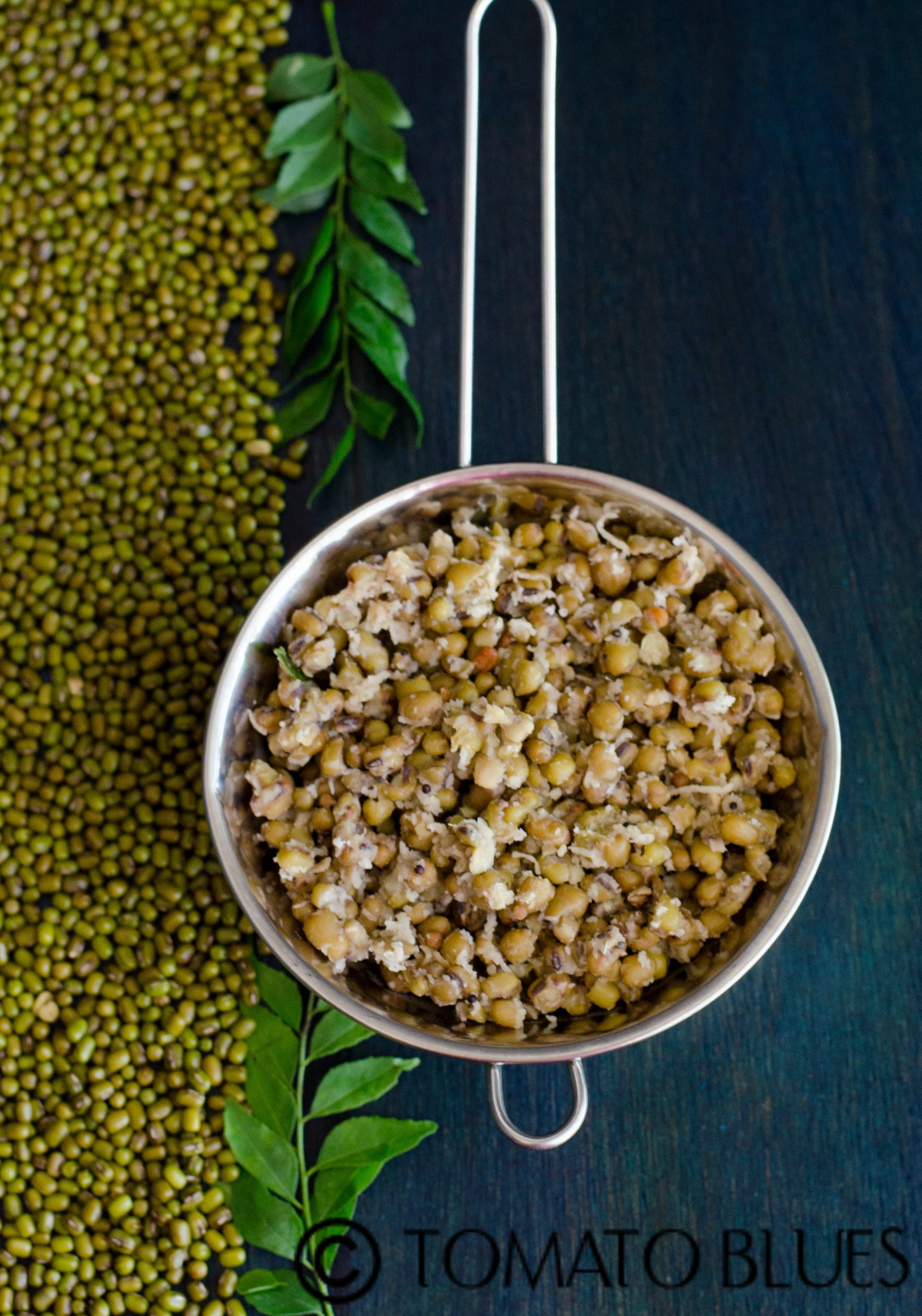Pachai Payaru In English: Your Ultimate Guide To This Scrumptious Delight
Hey there, food enthusiasts! Are you ready to dive into the world of flavors that will make your taste buds dance with joy? Today, we're talking about pachai payaru in English, and trust me, this is one dish you don't want to miss. Imagine a vibrant, nutrient-packed dish that combines simplicity with sheer deliciousness. Sounds tempting, right? Well, buckle up because we’re about to take you on a culinary journey that will leave you craving for more.
Now, you might be wondering, “What exactly is pachai payaru?” Great question! Pachai payaru, also known as green gram or mung beans, is not just a humble legume; it’s a powerhouse of nutrition and flavor. Originating from the heart of South Indian kitchens, this little bean has been a staple in traditional recipes for centuries. And guess what? We’re here to break it down for you in the simplest terms possible.
Whether you're a seasoned cook or just starting out in the kitchen, this article is your go-to resource for all things pachai payaru. From its origins to its various uses, we’ve got you covered. So, grab a cup of coffee, sit back, and let’s explore the magic of pachai payaru together.
- Unveiling The Allure Of Erome Sophieraiin A Journey Into Her World
- Tyler Jameson Married To Tim Miller A Deep Dive Into Their Love Story
Here’s a quick overview of what we’ll cover:
- Biography of Pachai Payaru
- Health Benefits of Green Gram
- Delicious Recipes Using Pachai Payaru
- Nutritional Value
- Cooking Tips
- Different Varieties
- Cultural Significance
- Farming and Harvesting
- Storage Tips
- Frequently Asked Questions
Biography of Pachai Payaru
Alright, let’s start with the basics. Pachai payaru, or green gram, is a legume that belongs to the Vigna genus. This tiny bean has been cultivated for thousands of years and is native to South Asia. It’s widely used in cuisines across the world, but it holds a special place in South Indian kitchens. In fact, it’s often referred to as the "miracle bean" because of its numerous health benefits and versatility.
Here’s a quick look at its biography:
- Sarah Jessica Parker Weight The Real Story Behind Her Iconic Body
- Simon Cowells Son Illness 2024 The Untold Story Behind The Headlines
| Scientific Name | Vigna radiata |
|---|---|
| Common Name | Green gram, mung bean |
| Origin | South Asia |
| Family | Fabaceae |
| Uses | Cooking, sprouting, traditional medicine |
Now that you know the basics, let’s move on to the good stuff.
Health Benefits of Green Gram
Why Should You Care?
Let’s be real, folks. In today’s fast-paced world, health is more important than ever. And guess what? Pachai payaru is here to save the day. This little bean is packed with nutrients that can do wonders for your body. From boosting your immune system to aiding digestion, green gram has got your back.
Here are some of the top health benefits:
- Rich in protein – Perfect for vegetarians and vegans!
- Packed with fiber – Great for maintaining digestive health.
- Loaded with antioxidants – Helps fight off those pesky free radicals.
- Low in fat – Ideal for weight management.
- High in vitamins and minerals – Think iron, potassium, and magnesium.
So, whether you're looking to improve your overall health or just want to add some variety to your diet, pachai payaru is the way to go.
Delicious Recipes Using Pachai Payaru
Let’s Get Cooking!
Now that we’ve covered the basics, let’s talk about the fun part – cooking! Pachai payaru can be used in a variety of dishes, from soups and stews to salads and desserts. The possibilities are endless. Here are a few recipes to get you started:
1. Pachai Payaru Sambar
This classic South Indian dish is a must-try. Made with green gram, tamarind, and a blend of spices, this sambar is both comforting and delicious. Perfect for a rainy day or just when you need a little pick-me-up.
2. Mung Bean Salad
Looking for something light and refreshing? Try this salad made with sprouted green gram, cucumber, tomatoes, and a zesty lemon dressing. It’s a great option for a quick and healthy lunch.
3. Pachai Payaru Payasam
Who says desserts can’t be healthy? This traditional South Indian dessert is made with green gram, jaggery, and coconut milk. Sweet, creamy, and utterly divine!
Nutritional Value
Let’s talk numbers. Pachai payaru is not only delicious but also incredibly nutritious. Here’s a breakdown of its nutritional content:
| Nutrient | Amount per 100g |
|---|---|
| Protein | 24g |
| Fiber | 16g |
| Iron | 6mg |
| Potassium | 1200mg |
| Magnesium | 186mg |
Impressive, right? This little bean truly is a nutritional powerhouse.
Cooking Tips
Ready to cook up a storm? Here are a few tips to help you get the best results:
- Soak the beans overnight for faster cooking.
- Use a pressure cooker for even cooking and to save time.
- Add a pinch of turmeric for extra flavor and health benefits.
- Experiment with different spices to create unique flavors.
With these tips in mind, you’ll be a pachai payaru pro in no time!
Different Varieties
Did you know there are different varieties of pachai payaru? Each one has its own unique flavor and texture. Here are a few you might come across:
- Whole green gram – Perfect for soups and stews.
- Skinless green gram – Ideal for making dal or payasam.
- Sprouted green gram – Great for salads and stir-fries.
So, whether you’re in the mood for something hearty or light, there’s a variety of pachai payaru that will suit your needs.
Cultural Significance
Pachai payaru isn’t just a food; it’s a cultural icon. In many South Indian households, it’s considered auspicious and is often used in religious ceremonies and festivals. For example, during the festival of Navratri, green gram is used to prepare special dishes like sundal and kheer.
It’s also a symbol of prosperity and good health, making it an integral part of traditional celebrations. So, the next time you enjoy a dish made with pachai payaru, remember the rich cultural heritage behind it.
Farming and Harvesting
Ever wondered how pachai payaru makes its way from the farm to your table? It’s a fascinating process. Green gram is typically grown in tropical and subtropical regions, where the climate is warm and humid. The beans are harvested when they reach maturity, usually around 60-90 days after planting.
Sustainable farming practices are increasingly being adopted to ensure the long-term availability of this precious crop. Farmers are using techniques like crop rotation and organic fertilizers to maintain soil health and increase yields.
Storage Tips
Once you’ve bought your pachai payaru, it’s important to store it properly to maintain its quality. Here are a few tips:
- Keep it in an airtight container to prevent moisture and pests.
- Store it in a cool, dry place away from direct sunlight.
- Check for signs of spoilage, such as mold or an off smell.
With proper storage, your green gram can last for several months, ensuring you always have this versatile ingredient on hand.
Frequently Asked Questions
Got questions? We’ve got answers. Here are some common queries about pachai payaru:
Q: Can I eat pachai payaru raw?
A: Not recommended. Cooking helps break down the complex compounds in the beans, making them easier to digest.
Q: How long does it take to cook?
A: Depending on the variety, it can take anywhere from 20 minutes to an hour. Soaking overnight can reduce cooking time.
Q: Is it safe for pregnant women?
A: Absolutely! In fact, it’s highly recommended due to its high nutrient content.
Conclusion
And there you have it, folks! A comprehensive guide to pachai payaru in English. From its health benefits to its culinary uses, this little bean truly is a gem. Whether you’re a seasoned chef or a kitchen newbie, there’s something here for everyone.
So, what are you waiting for? Head to your local market, grab a bag of pachai payaru, and start experimenting in the kitchen. And don’t forget to share your creations with us in the comments below. We’d love to hear from you!
Happy cooking, and until next time, keep those taste buds happy!
- Chloe And Matt Leak The Untold Story Behind The Viral Sensation
- 5movierulz Telugu Movies 2024 Your Ultimate Guide To The Latest Blockbusters

KONGANADU KADANJA PACHAI PAYARU Preethi's Cuisine

Pachai Payaru Sundal Navratri Recipes Tomato Blues

Pachai Payaru (Green Gram) Masiyal Kamala's Corner